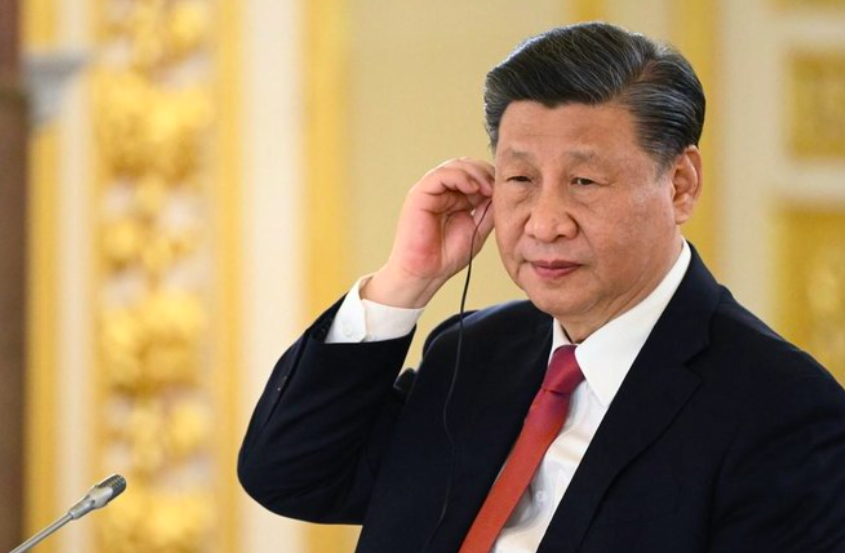By Tenzin Nyidon
DHARAMSHALA, Oct 12: In a highly contentious election held on Tuesday, China secured its sixth term on the United Nations Human Rights Council (UNHRC). Despite mounting international concerns and well-documented human rights abuses, China garnered a remarkable 154 out of 192 votes, exceeding the required majority by 57 votes.
The UNHRC is a vital international body tasked with promoting and protecting human rights worldwide. Its members are elected based on their commitment to upholding human rights standards and their track record in this regard. China’s comfortable victory in the secret ballot has stirred considerable debate within the international community, as well as the implications of this decision for the Council and the broader human rights landscape.
Prior to the election, a coalition of 140 Tibet advocacy groups, along with other human rights organisations called on the member states from supporting China’s bid for a UNHRC seat. Their efforts were characterised by a range of concerns, including Tibet being the least-free country in the world for civil and political rights in the Freedom House’s Freedom in the World 2023 report. Despite the election’s outcome, Tibet rights activists remain deeply apprehensive about China’s suitability for a seat on the UNHRC, citing the well-documented human rights abuses against Tibetans, Uyghurs, Hong Kong residents, and other colonised populations under Chinese governance.
Tibet rights activists have vehemently criticised China’s re-election to the UNHRC, describing it as an “undeserved reward for repression”. They argue that awarding a seat on the UNHRC to a major human rights violator undermines the Council’s credibility and fails to uphold the core values of the United Nations. Gloria Montgomery of the Tibet Advocacy Coalition, expressed disappointment in the international community’s decision to support China’s bid, stating, “It is shameful that the worst rights violators can be elected to what should be the UN’s leading body responsible for the promotion and protection of human rights globally. Governments missed a vital opportunity to show their commitment to the UN’s core values with 159 UN Member States opting to turn their backs on those suffering under China’s repressive grip. While China may have secured a seat today on the Council, Tibetans and Tibet activists around the world will continue to fight for accountability on Beijing’s assault on fundamental freedoms.”
This election is not unprecedented, as China has served on the council previously. In 2020, China was elected to the UNHRC amid significant controversy. This election took place shortly after China’s harsh crackdown on democratic protests in Hong Kong and as international scrutiny of human rights abuses in East Turkestan (Xinjiang) was escalating. During this election, China received 139 votes, which was notably lower than the 180 votes it garnered when it first ascended to the council in 2016.
China’s successful bid for its sixth term on the UNHRC and its ability to garner significant support among UN members, many say, is a matter of concern for human rights advocates given the ongoing human rights abuses in Tibet, East Turkestan (Xinjiang) and Hong Kong. The fact that China secured more votes in 2023 than in 2020 indicates a shift in international support, despite continued concerns.











One Response
Abuser in charge to protect the abused, what a sham!!